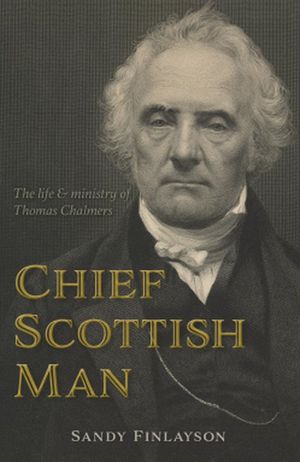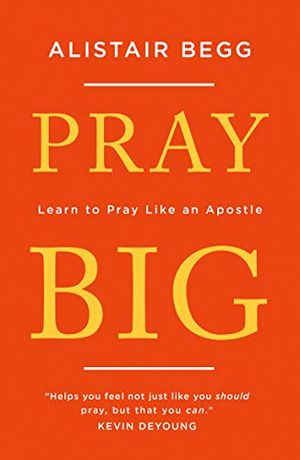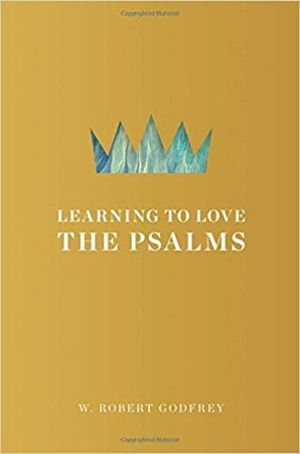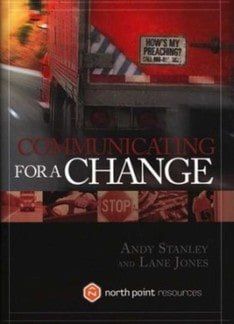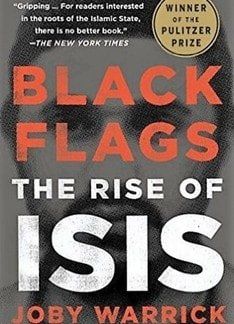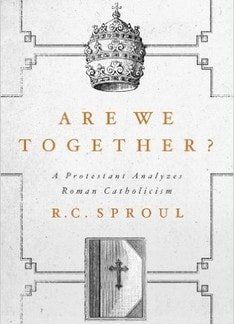Guest Column
Why a Bible college training?
Have you ever been ‘apprehended’ by the strong arm of the law? Thankfully, that has never been my experience, though we have all witnessed it happen to others, at least on TV.
There is, I believe, an identity crisis in theological training in the UK today. I became aware of it during my time on the home staff of an international mission agency and now see it from a different angle, as principal of a Bible college.
The question is: ‘What’s the point of Bible college training?’ I fear we are in danger of losing sight of the true answer these days.
Do Bible colleges exist to provide a ‘Christian’ route to get an academic qualification or to equip believers for effective spiritual service? The evidence is that the former has taken precedence over the latter, which has caused a major problem.
For many young people now Bible college is just another, perhaps more sheltered, route to getting a recognised qualification, and while there’s certainly nothing wrong with a good academic training and qualification, that agenda has had a massive impact on the ethos and nature of most Bible college training in the UK. This fills me with alarm.
Bible neglected
For example, we are in danger of turning out good missiologists who know all about contextualisation and cross-cultural communication but are poor missionaries because they haven’t met with God on a deep level.
They haven’t been spiritually transformed through their study of God’s Word with an emphasis on personal, spiritual devotions and disciplines as a core ingredient in their college experience.
We are in danger of turning out gifted theologians and apologists, who know all about higher criticism and are competent in the original biblical languages but are ineffective pastors and evangelists because they are, largely speaking, biblically illiterate, having spent an inordinate amount of time studying books about the Bible, but precious little time in the Bible.
And I know — I’ve met some of them. I read some of their application forms when I was in leadership in the mission agency. One of my friends graduated from Bible college fairly recently and estimated he had spent less than 10 per cent of his time in the Bible, and that prayer meetings and devotional times had been largely optional.
Another former student said she had been three or four weeks in lectures before they actually opened their Bibles!
As a Bible college principal, this is something that weighs heavily on my heart. I don’t want us to lose sight of what we should be about, which is not preparing students for an exam, but for Christian service and spiritual warfare.
We need well trained, biblically literate men and women, whose lives give evidence of a vital, transforming relationship with the Lord. We need training for head, heart and hands.
I recently read L. J. Van Valen’s biography of Robert Murray M’Cheyne, Constrained by his love, and was encouraged to see this statement about M’Cheyne’s attitude to his theological training: ‘The young student knew the true value of theological studies. These were nothing more than an aid in equipping him to be a servant of the Word of God’. Amen to that!
Seeking God
Van Valen goes on to quote from a letter sent by M’Cheyne to a fellow student: ‘Do get on with your studies. Remember you are now forming the character of your future ministry in great measure, if God spare you.
‘If you acquire slovenly or sleepy habits of study now, you will never get the better of it. Do everything in its own time. Do everything in earnest; if it is worth doing, then do it with all your might.
‘Above all, keep much in the presence of God. Never see the face of man till you have seen His face who is our life, our all’. I love that balance: get on with your studies because it is shaping your future ministry; do everything in earnest; and, above all, keep much in the presence of God. Wonderful stuff!
At least I’m not alone in this concern. Here is R. C. Sproul in Feed my sheep: ‘Some years ago, when I was on the faculty at a theological seminary, we reviewed the curriculum. We asked ourselves: what does a man have to know in order to be a godly pastor?
‘We decided that the main thing was the content of Holy Scripture. So many seminary courses are designed to answer academic questions of background, of authorship, and technical problems, that we never get around to the English Bible. Our future ministers are coming out of seminaries not fully conversant with the content of the Bible.
‘So we began to develop a curriculum from ground zero. We said, let’s step out of the academic world for a minute and design the curriculum not to train professors in the areas of their specialties, but to serve the church and thereby to serve Christ’.
How I rejoiced to read that. That approach to the curriculum is precisely the one that my predecessor and I took nearly four years ago (though with a wider remit than just for pastors).
John D. Brand
The author is Principal of the Faith Mission Bible College, Edinburgh



